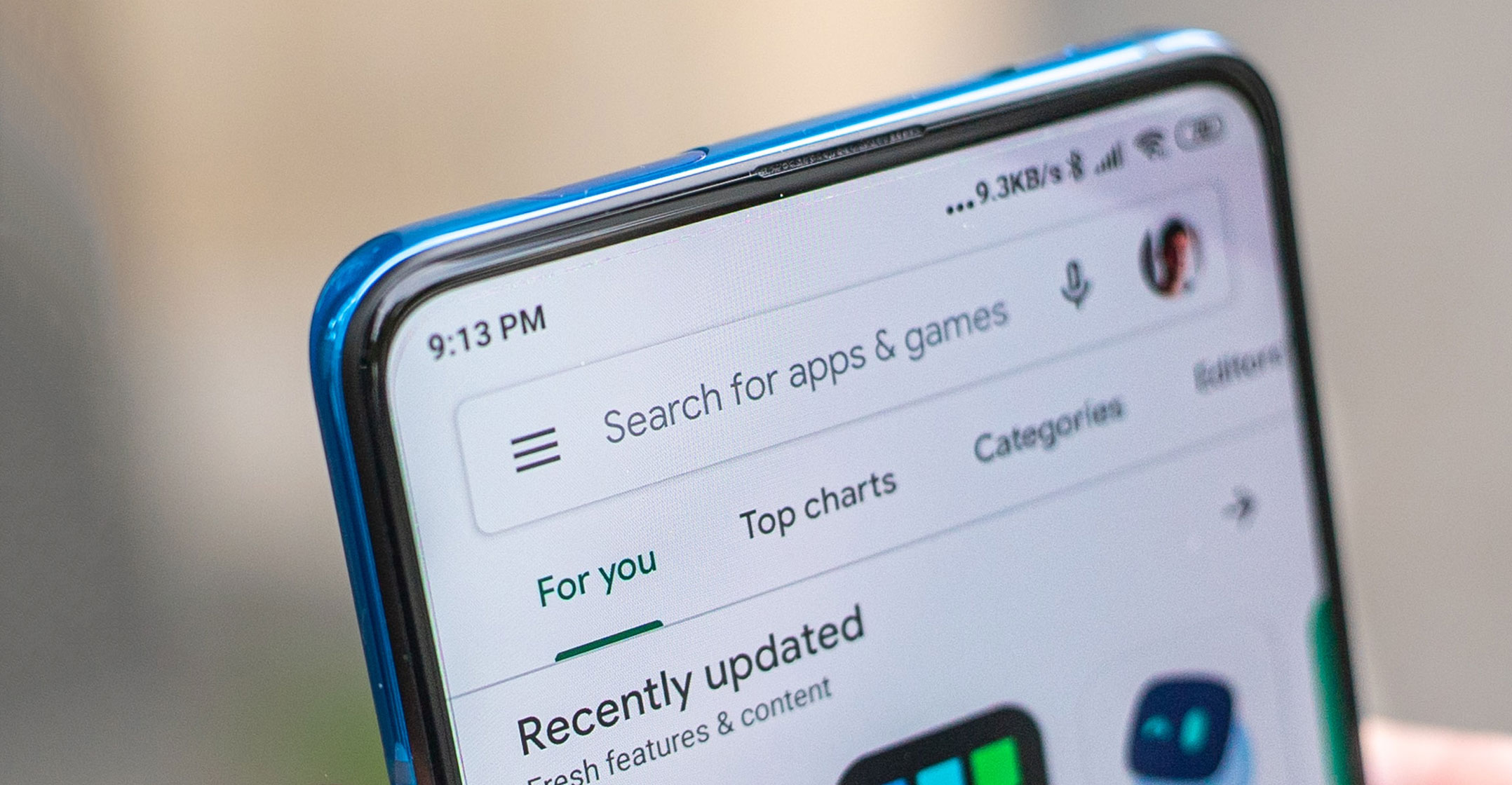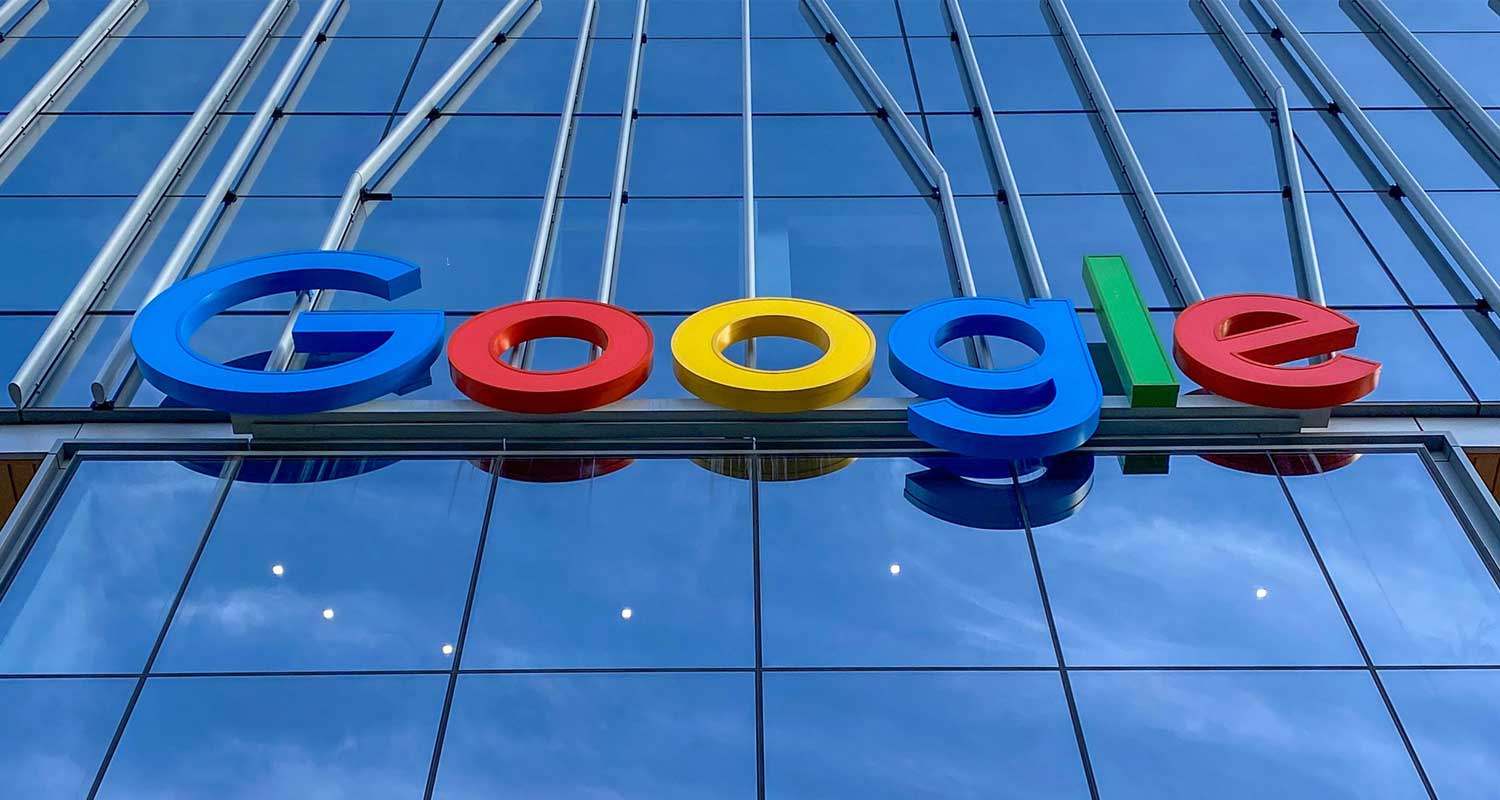
Google agreed to pay US$8-billion over four years to Samsung Electronics to make its search engine, voice assistant and Play Store the default on the company’s mobile devices, according to testimony presented by Epic Games.
James Kolotouros, vice president for Partnerships at Google, testified on Monday under questioning by an Epic lawyer in the San Francisco trial that Google devised plans to share app store revenue with Android mobile device makers to ensure their products were pre-installed with Google Play on home screens.
Epic, the maker of the popular Fortnite game, alleges the technology giant’s app marketplace violates antitrust laws. A lawyer for Epic presented the agreement with Samsung as an example of the deals Google made starting four years ago with mobile phone manufacturers that use the Android operating system. Kolotouros’ testimony revealed that Samsung devices account for half or more of Google Play revenue.
Epic is seeking to show that executives at the Alphabet unit were eager to discourage the proliferation of third-party app stores that would cut into Google Play’s operating profit — which was estimated by Epic earlier in the trial at more than US$12-billion in 2021, from sales that include the standard 30% revenue cut the company took from app developers.
Monday’s testimony followed evidence Epic presented last week to show that Google was so concerned about game developers releasing their products independently that it was willing to spend millions to persuade them to stick with Google Play. On Tuesday Epic’s lawyers will question Google CEO Sundar Pichai.
Google has long struck similar deals to maintain its search engine as the preselected choice on mobile devices — agreements that are at the centre of a separate antitrust showdown with the US justice department at a trial going in Washington.
Project Banyan
Epic’s lawyer Lauren Moskowitz pulled up a 2019 Google internal presentation on “Project Banyan”, an initiative that involved investing funds so the Google Play store could stand its ground against Samsung’s Galaxy App Store. The first slide said: “Existential Question — How do we continue to keep Play as the preeminent distribution platform for Android?”
In 2019, Google offered to pay Samsung $200-million over four years so that Samsung’s Galaxy Store app marketplace would be available within the Google Play store rather than pre-installed and the South Korean device maker would not offer its own payment or billing system. But that proposal was abandoned and Google went on to sign three deals with Samsung the next year worth $8-billion over four years.
Read: Trial to test Google’s app marketplace power
One internal document showed Google saved almost $1-billion over four years by pulling back on its request for Google Play to be exclusively available on a device’s first screen, known as the homescreen. That meant Google Play would appear on the home screen, but with “room” for Samsung to also add the Galaxy Store, according to the document.
Epic’s lawyer questioned Kolotouros about internal e-mails that showed Google employees were concerned that Google Play revenue was at risk as Android phone manufacturers began launching their own app stores and payment systems. One of the e-mails revealed that Amazon was perceived as a threat: “I worry about Amazon store (200K apps and growing) getting a foothold in Android world,” a colleague wrote to Kolotouros in 2014.
 Another internal presentation showed Google’s plans in 2019 to offer mobile device makers, aside from Samsung, a cut of Google Play revenue to safeguard against the company’s search engine and app being sidelined on mobile devices. A proposal was made to high-ranking Google executives that the company spend $2.9-billion in 2020, growing to $4.5-billion in 2023 across Search and Play, for wireless carriers and non-Samsung manufacturers to “secure platform protections for Search and Play and critical apps protections on more devices”.
Another internal presentation showed Google’s plans in 2019 to offer mobile device makers, aside from Samsung, a cut of Google Play revenue to safeguard against the company’s search engine and app being sidelined on mobile devices. A proposal was made to high-ranking Google executives that the company spend $2.9-billion in 2020, growing to $4.5-billion in 2023 across Search and Play, for wireless carriers and non-Samsung manufacturers to “secure platform protections for Search and Play and critical apps protections on more devices”.
To secure Google Play “exclusivity”, the company put together a tiered plan that would offer a 16% share of Google Play’s revenue to mobile device makers, or between 4% and 8% of the app store’s sales to smaller manufacturers. It would also extend up to a 12% revenue share from its Search business sales.
Under questioning by Google’s lawyer Glenn Pomerantz, Kolotouros said Google and Samsung never reached an agreement that barred Samsung from putting its Galaxy store on a device’s homescreen. The deals aimed to prevent users from switching from Samsung Android devices to Apple’s iPhone, Kolotouros said, bolstering Google’s claims that its policies and agreements with developers and device makers were legitimate efforts in the name of competition.
Read: AI tools come to Google Search in South Africa
Google attorneys showed a July 2019 e-mail from Jamie Rosenberg, who previously led Google Play and Android operations and now serves as an adviser, to say his team was “halting” Project Banyan. “It created an incentive dynamic where store teams would be competing with each other,” according to the e-mail. — Malathi Nayak and Leah Nylen, (c) 2023 Bloomberg LP

